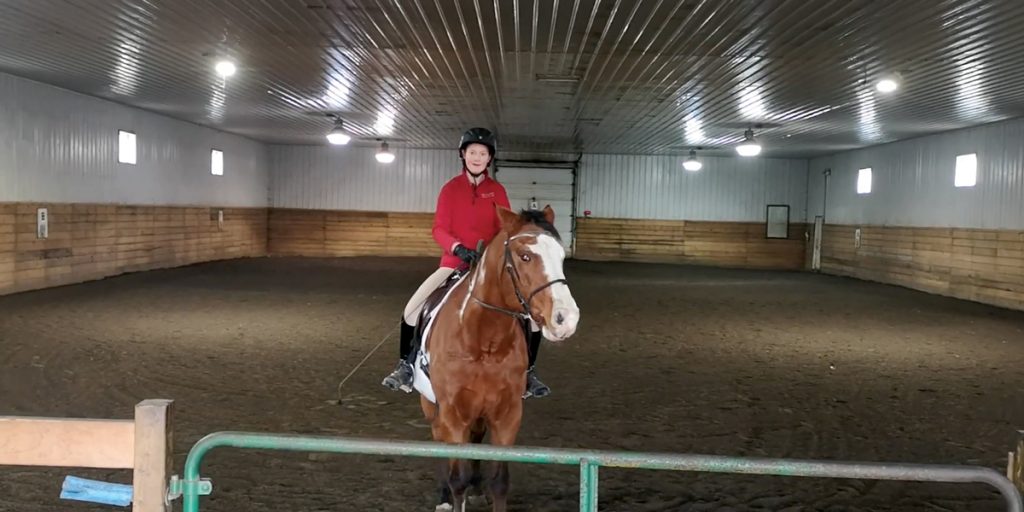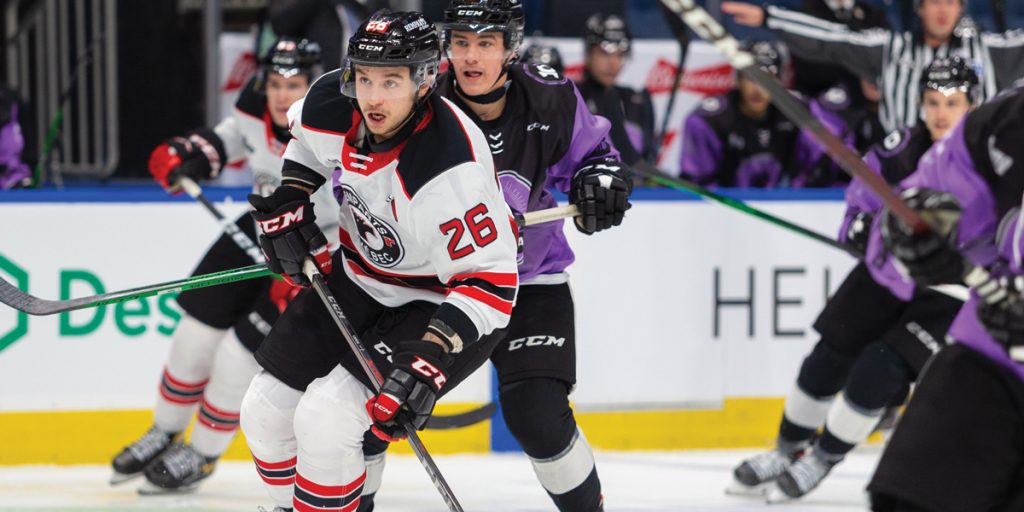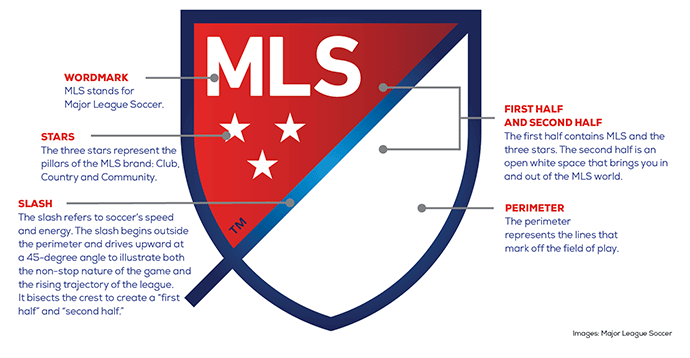When COVID-19 abruptly shuttered most sporting events and competitions, industry leaders devoted some of the downtime to reviewing, refreshing and even reinventing internal matters such as governance structure, policy, partnerships, education and more.
We asked a broad selection of industry leaders one simple question:
How has the pandemic-related shutdown activated positive change within your organization?
By Angela Kryhul
TRIBU EXPÉRIENTIEL
“We refocused the brand and the Jackalope platform to create JACKALOPE.TV. We’re creating our own content and hosting content from our partners. We’re now more into storytelling and putting a spotlight on niche sports and niche athletes. It’s all about epic adventures—backcountry and individual sports like skateboarding, rock climbing, mountain biking and snowboarding are going crazy right now because you can do them in a COVID world. But trying to get views on YouTube, Facebook or Instagram, and bring that value to our sponsors at a time when the whole world is going on digital, is a way tougher space than people realize. But we’re building our digital footprint with lots of storytelling to keep our fans engaged year-long, compared to before COVID when we engaged our fans and communities only a couple of months before an event.”
Micah Desforges, Founder and CEO, Tribu Expérientiel
SPORT LAW + STRATEGY GROUP
“People are taking advantage of the downtime to look at governance structure and think about things a little bit differently. Last year, we spent a lot of time on COVID-related matters but now, as we get back to sport—particularly at the national level—sport organizations have to decide whether to send teams abroad and how much risk the NSO is prepared to assume on behalf of its members. A lot of these decisions relate to Olympic qualification, so it’s a very delicate, complicated situation and organizations are learning very quickly about travel risk assessments.”
Steve Indig, Lawyer and Managing Partner, Sport Law & Strategy Group
ROWING CANADA AVIRON
“I think the nature of the pandemic pushed everybody out of their comfort zones and created the opportunity to do different things. For example, we hosted the Canadian Indoor Rowing Challenge on rowing machines. This was more of a community stimulus where we included some of our national team athletes to create a bit of energy and connection for people. Technology fostered a different kind of collaboration for us as a national organization. We held our annual general meeting over Zoom. In the past, we only allowed people to vote in person, but now people were allowed to vote virtually and the attendance of that meeting was three or four times higher than usual. We also ran our annual conference virtually and we will probably host it as a hybrid event in future. We are now at least two or three years ahead of where we would have been in terms of access, engagement, the adoption of technology and flexible work environments—and that’s a significant shift.”
Terry Dillon, CEO, Rowing Canada Aviron

EQUESTRIAN CANADA
“A slowdown in activity due to the COVID-19 pandemic allowed Equestrian Canada to focus on foundational issues that required attention, such as the alignment of our membership and competition structures. It has also highlighted the immense value of our online program offerings—such as the Para-Dressage Video Competition Series and our new e-learning platform, the ECampus—and encouraged us to look at how we can optimize educational and athletic offerings in the digital age.”
Meg Krueger, CEO, Secretary General, Equestrian Canada
INTERCONTINENTAL HOTELS GROUP (IHG)
“Since sports business in Canada is still on hold, all of our sports business is in the U.S. The biggest shift I’ve seen is how nimble and quick IHG’s sports department has become. During the past 12 months, our RFP volume has increased significantly, especially as we deal with state and date changes of planned sports events. We’re forced to think differently about our business and to be more strategic. For example, looking at new ways to partner with large organizations that can control and drive market share opportunities to our hotels. Personally, I’ve really leaned into virtual sales and adjusting my sales techniques to accommodate the online way of doing business. The pandemic has forced so many industries and business sectors to adjust course and move online—I believe this pivot to smarter and more efficient ways of doing business will be its legacy.”
Brendan St. Jacques, Key Account Director, Sports, IHG

OTTAWA TOURISM
“The Ottawa sport hosting community has worked tirelessly to rebook and/or rethink already-planned events, including—most memorably—introducing changes in real time to the 2020 Pan-American Wrestling Qualifiers and Championships last March. Organizers removed spectators, cancelled the opening ceremony, limited the number of individuals in the warm-up area and field of play, and greatly increased sanitization during the event. Ottawa Tourism has used the pandemic pause to reorganize in order to be as nimble as possible once events return. We have addressed foundational issues such as diversity, internal communications, professional development and branding. Underlining our recovery plan has been robust two-way communication with our member businesses; we’ve shared information on funding programs, promotions and buy-local campaigns, and asked for feedback on new products or services.”
Michael Crockatt, President and CEO, Ottawa Tourism
EXHIBITION PLACE, TORONTO
“The COVID-19 pandemic resulted in the suspension of our typical event and sporting businesses across Exhibition Place, which includes the Enercare Centre and our tenant operations in BMO Field, Coca-Cola Coliseum and OVO Athletic Centre. While our sporting tenants worked on government and health-driven solutions to resume professional sporting leagues, our convention centre team adapted our operations to focus on organizational improvements to enhance the client and attendee experience in a post-pandemic world. Always seeking a silver lining, the pandemic offered Exhibition Place a unique opportunity to invest time in reimagining our events business, upgrade our robust Wi-Fi network, build a new broadcast studio, introduce new technology and platforms and focus on team training to better service our clients”.
Laura Purdy, General Manager, Exhibition Place, Toronto
GREATER VICTORIA SPORT TOURISM COMMISSION
“This pause has given us a chance to revisit our sport tourism strategy and seek feedback from our Sport Tourism Committee. There’s a positive spirit of collaboration that has resulted from all this. The BC Sport Tourism Network, involving sport tourism offices from around British Columbia, gives us the opportunity to share challenges and goals and to speak with a coordinated voice to the province. We’re also starting an annual sport award dinner, which has been absent from the Greater Victoria sports calendar for a number of years. This is good for the sports community, our hotel partners, and it’s the right thing for our sport tourism commission to be managing.”
Keith Wells, Executive Director, Greater Victoria Sport Tourism Commission

QUÉBEC CITY BUSINESS DESTINATION
“Collaboration is key. Now more than ever, Québec City Business Destination and its partners are consulting one another to share and innovate. In the end, this will make for a stronger industry, which will benefit meeting and event planners wanting to hold their events in Québec City. Innovation and technology are pivotal during this time when meetings are limited. Our team had to quickly pivot our usual way of doing things. For example, we developed a virtual educational tour so that clients could learn about the destination. It was a fun challenge for our team and our partners. Digital tools may be more prevalent in the years to come, even when travel and meetings are once again possible.”
Ariane Croteau, Account Executive, International and Sports Market (meetings and conventions), Québec City Business Destination

BAY OF QUINTE REGIONAL MARKETING BOARD
“We’ve been working to create stronger partnerships. Right now we’re working with Brighton, Belleville, Quinte West and the Mohawks of the Bay of Quinte. Because tourism-related businesses are struggling, we launched our first Bay of Quinte Marketing Grant, which distributed $55,000 to 25 businesses across five categories for things like digital advertising, social media, photography and creating new products or experiences related to tourism. Recipients range from museums to accommodations to the Batawa Ski Hill. We had funds to share in our budgets thanks to money we’d received from the Ontario Municipal Accommodation Tax and the Regional Relief and Recovery Fund (RRRF). Now we’ve expanded the program so that we will offer grants in the spring and the fall.”
Dug Stevenson, Executive Director, Bay of Quinte Regional Marketing Board
SPORT TOURISM CANADA
“I guess the word pivot comes to mind first. We were monitoring the situation very closely last March, when the conditions in Alberta required us to cancel Sport Events Congress in Edmonton just 10 days before the event. Within a few weeks, we had converted much of the planned content into a series of webinars that continued both the professional development and networking for our members. It did require us to become more comfortable with technology. Zoom expanded our webinar reach to a significantly wider audience. As the months went on, many of our members came together to work on the STC COVID-19 Recovery Task Force. Its Bouncing Back report provided an outline for the return of hosting sport events in the country. We decided to offer Sport Events Congress 2021 in a virtual environment [which allows us] to engage international presenters. Although a tremendous challenge, we have definitely learned new ways of working together through this time of crisis that will be of benefit for years to come.”
Rick Traer, CEO, Sport Tourism Canada




